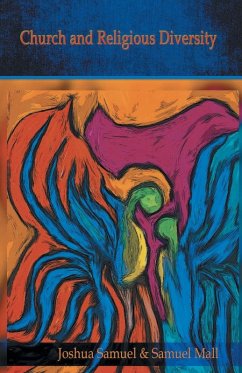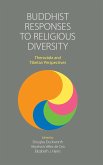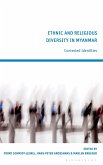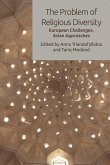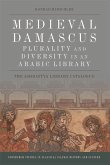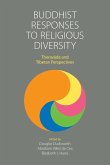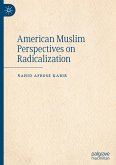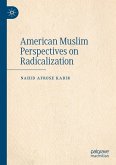The context of the church in South Asia can be defined by plurality and poverty. The first relates to the presence of various religions, the latter relates to the issue of injustice. Therefore, it also a place where injustices are also on the rise. There is an ample presence of historically discriminated communities that continue to face oppression in various and diverse forms. Oppression is not only anthropological but extends to the ecological world. While the issues of plurality have been addressed adequately by Christian theology through its Theology of Religions, the issues of injustice have not been integrated into it sufficiently. This book argues that it is possible to be passionately Christian and uphold the central tenets of Christianity even while being compassionately interreligious. It further tries to integrate into interreligious thought the marginalised voices of society. Therefore, interreligious engagements can become appropriate means of working towards justice and the liberation of those who are oppressed by dehumanising social, political and economic structures. This book demonstrates that interreligious dialogue has arrived at new maturity. The deepest level of dialogue, whether between persons or between religious communities, is one in which honesty is possible and, when through that honesty, the difficult work of reconciliation and justice-making can take place. The authors rightly insist, Dialogue is an ethical imperative. When we can tell the truth about each other and about ourselves, religious communities are empowered to join together to transform the world in the direction of Gods reign. That is the kind of daring dialogue envisioned herein.
Hinweis: Dieser Artikel kann nur an eine deutsche Lieferadresse ausgeliefert werden.
Hinweis: Dieser Artikel kann nur an eine deutsche Lieferadresse ausgeliefert werden.

